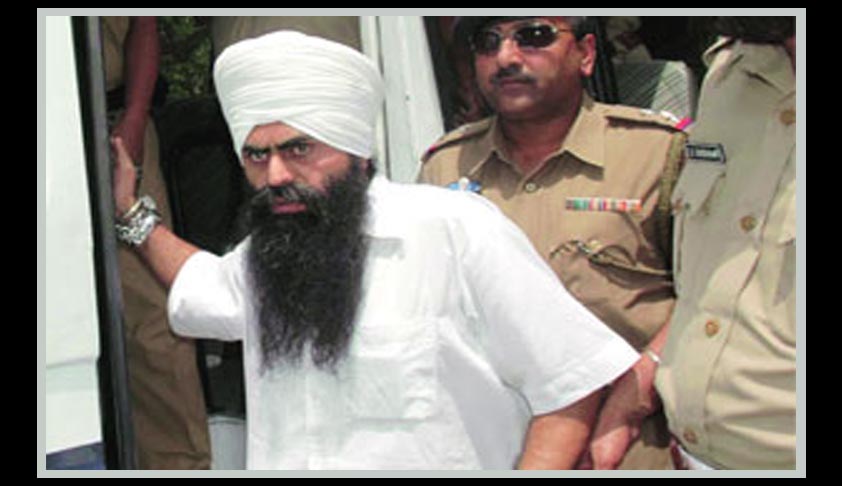Centre seeks time to take a decision in Bhullar's case; SC adjourns hearing to March 27
LIVELAW NEWS NETWORK
10 March 2014 6:46 PM IST

Next Story
10 March 2014 6:46 PM IST
Supreme Court today adjourned the hearing on death row convict Devender Pal Singh Bhullar's plea for commutation of death sentence to life imprisonment till March 27 as Attorney General GE Vahanvati sought more time on grounds that the government is yet to take a decision on Bhullar's mercy plea.The Centre had earlier assured the Supreme Court that the Khalistan Liberation Force terrorist...
